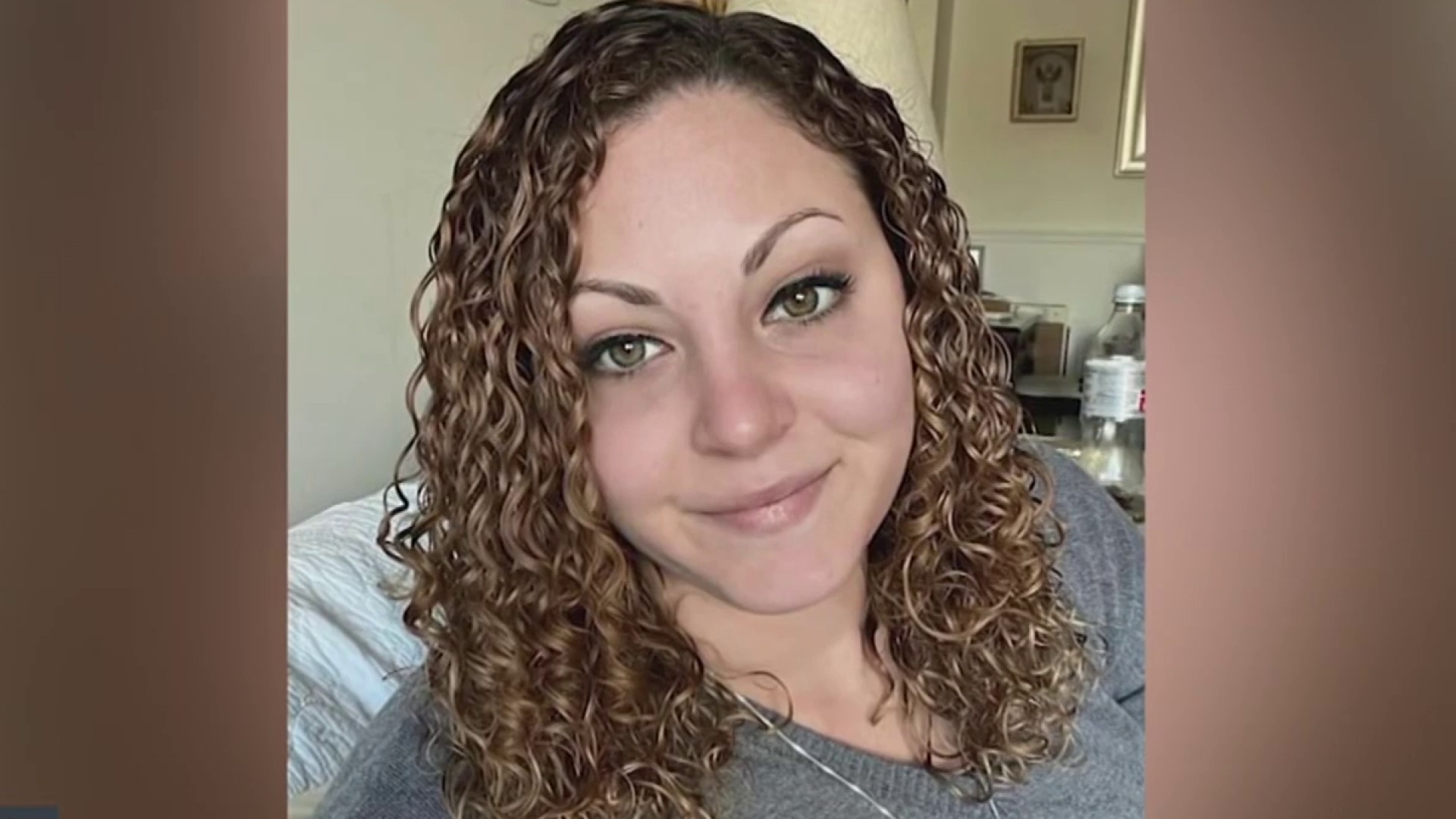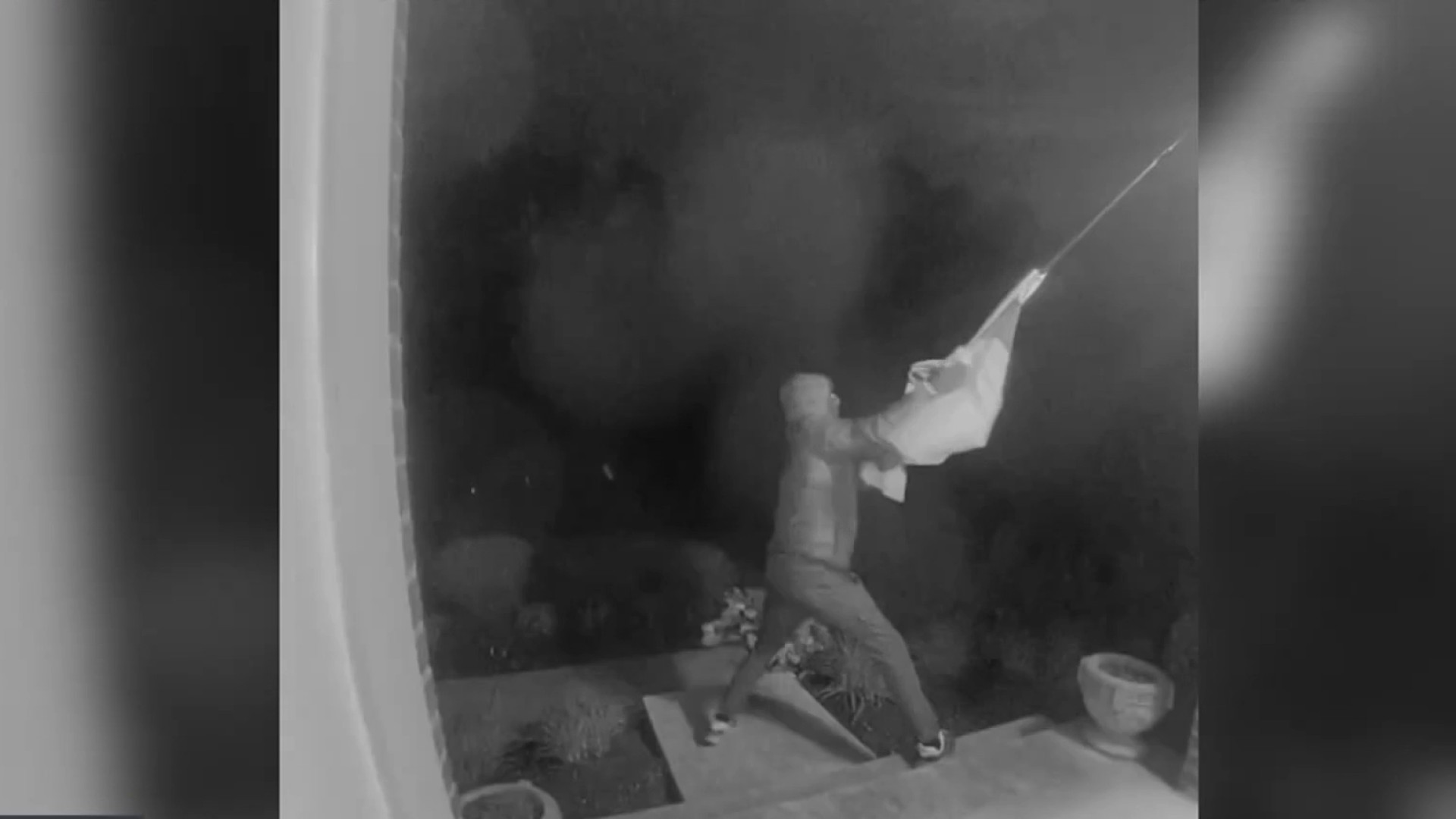Metro has spent millions of dollars installing new faregates across the rail system in the past year – but sources in the transit agency say the gates might change again because of issues with fare evasion.
Riders and station managers have told News4 they see it all the time at Metro stations: people not paying the fare, and, instead, going right through the faregates.
Metro estimates it loses more than $25 million each year because of fare evasion.
Sources said Metro’s new General Manager Randy Clarke wants to look at possibly modifying faregates to prevent such losses.
We're making it easier for you to find stories that matter with our new newsletter — The 4Front. Sign up here and get news that is important for you to your inbox.
Metro could change gates to be more restrictive, like those that have been piloted on the BART system in San Francisco and Oakland, California.
Some riders News4 spoke with on Wednesday are on board with that plan.
Local
Washington, D.C., Maryland and Virginia local news, events and information
"I mean if they raise the gates, preventing people to jump over – I think that’s fine," Metro rider Claire Fuller said.
The problem, however, is that Metro just spent millions to install new faregates across the system, and would have to spend even more.
The new gates have no physical barrier on top of them to prevent anyone from going across.
But if someone does jump across the gates, it beeps to alert the station manager.
Further complicating the issue, fare evasion is not uniformly enforced across Metro because it was decriminalized in D.C.
“We do fare enforcement in Maryland and Virginia. The District – we are working with them on their civil citation," Metro Transit Police Chief Michael Anzallo said.
D.C. Council Member Charles Allen, who voted to decriminalize fare evasion, said there should be tougher faregates in place.
"The previous leadership had a chance to buy faregates that are taller and more secure, but they decided to stick with the ones that many people can just step over. It makes no sense. Other systems have figured this out and used a faregate that makes fare evasion much harder. I'm glad the new GM agrees and would strongly support him moving in that direction," Allen said in a statement.
Other riders said there could be a simpler fix.
"Maybe, like, lower the rates a little bit. Like almost 5 dollars for one side? I think it’s a bit too much but not everyone can pay that much," one rider said.
“Our priority is ensuring Metro has sufficient revenue to provide the level of service our region deserves,” Metro Board Chair Paul Smedberg told News4.
The News4 I-team found that during the height of the pandemic, when there were far fewer riders on Metro, officers were still issuing hundreds of citations for fare evasion at certain stations in Maryland and Virginia.



